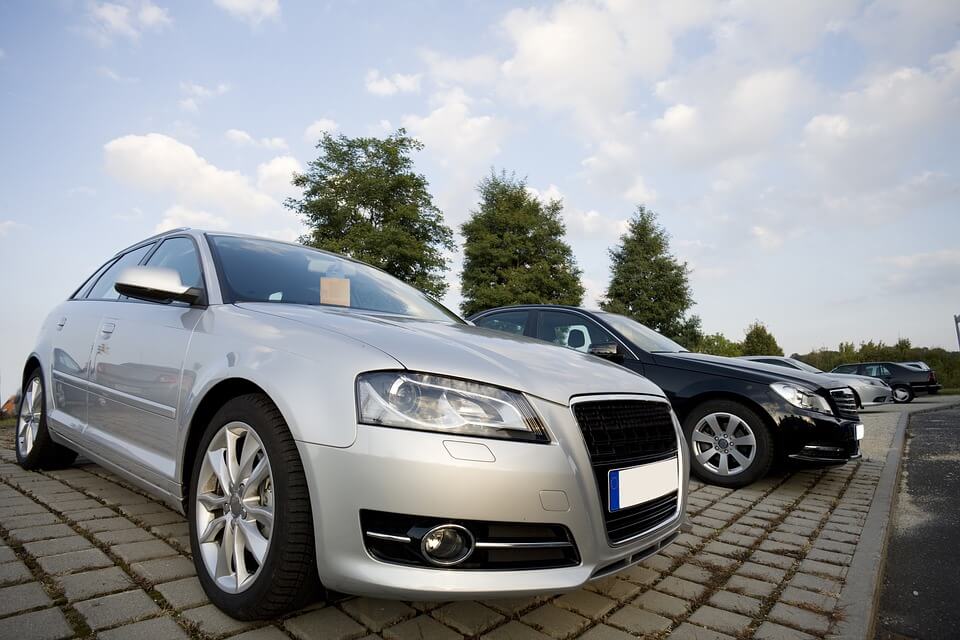There aren’t many bigger moments in your life than buying a first car. It’s one of the first steps as you venture into adulthood and is a culmination of all your hard work and dedication. Whether you’ve saved up for it, taken out a loan, or even had a little helping hand from the bank of mum and dad, it’s something you’ll always cherish.
To help make the process easier, we’ve put together some helpful tips for buying your first car. Afterall, buying a car is expensive, so you don’t want to waste your money on something you’ll regret late down the road.
How much should i save for my first car?
Like with anything worth saving up for, it always helps when you establish a hard budget and stick to it. It can be quite tempting throwing caution to the wind and spending beyond your means for some added extras, but those little additions could soon mount up and leave you in the red.
So how do we keep on the straight and narrow?
If you’ve managed to be sensible and avoided the pitfall of buying the most expensive car on the lot, then you’re off to a good start. However, just because you’ve saved money on the price of the car doesn’t mean you’re in the clear – there’s still the running costs to consider.
These include:
- Car insurance – this is something that will likely be high for new drivers, especially those under the age of 25. However, there are alternative means of getting a good deal – for instance, you may wish to consider getting cheap short term car insurance with Tempcover.
- Road tax – unless your chosen car is in Vehicle Excise Duty (VED) band A or an electric vehicle, you will have to pay road tax
- MOT test – every road vehicle in the UK has to undergo an MOT test to ensure its roadworthiness. This is typically done once it becomes older than three years old and the checks also look for any maintenance that’s needed to ensure it’s fit for driving
- Tyres – your tyres will need replacing regularly, as it is against the law to drive a vehicle with an insufficient tread. If your vehicle doesn’t comply with this then you may be at risk of receiving a fine and points on your license.
- Fuel – cars need fuel to drive, with prices tending to fluctuate.
Once you have all this in order, getting an idea of how much you should save should be a bit more straightforward. As a reminder though, remember to consider all the additional costs outside of the price of the vehicle.
Should you buy car insurance before buying a car?
Yes. It is a legal requirement to have car insurance before buying a new car, so before you do so make sure to search around for a good deal. If you’re looking for a short term option so you can buy and drive the car before arranging annual car insurance, temporary car insurance is the ideal insurance option. At Tempcover, you can choose from the cheapest temporary car insurance policies – they have the same level of comprehensive cover as annual options.
Finding your first car
Choosing a car can be tricky business, not least because of the price of car insurance. If you’re looking for an ideal first car, then you may want to consider choosing an option that has a low insurance group rating. Every new and existing car in the UK belongs to one of 50 car insurance groups set by the Group Rating Panel.
There are several factors taken into consideration, such as the value of the car, how it performs, how secure it is, repair costs, and costs of car parts. If the car ranks well in each of these areas, it is more likely to be placed in a lower insurance group (1-50) – so vehicles in Group 1 are the cheapest options.
Some cars in this insurance group include:
- Nissan Micra
- Ford Ka+
- Kia Rio
- Volkswagen Polo
- Smart Forfour
Taking it out for a test drive
If you’ve found a car that meets all the criteria, then the next step is to take it for a test drive. While the car may look good on the surface, you won’t truly know what the car is like until you get behind the wheel. A good tip before starting is to make sure the engine is cold before starting, as a warm engine could be hiding problems.
Once you start driving, consider the following:
- Performance – you need to be asking yourself how the vehicle performs. Does it accelerate well? Does it shift to one side? How does it handle corners? Once you can answer this you should have a clearer picture
- Test the clutch – the first thing you should probably consider is how responsive the clutch is – be sure to test the biting point. If it doesn’t bite until it’s almost fully engaged, then it will need replacing
- High speed driving – problems may become more noticeable when driving at high speeds, so be sure to take the car on a motorway when testing if possible
- Gear shifting – does the transition feel smooth when shifting gears? If not, then this may be something you want to avoid
- Test the brakes – how responsive are the breaks? Do they require a lot of pressure?
- Steering wheel vibrations – does the steering wheel vibrate when driving?




